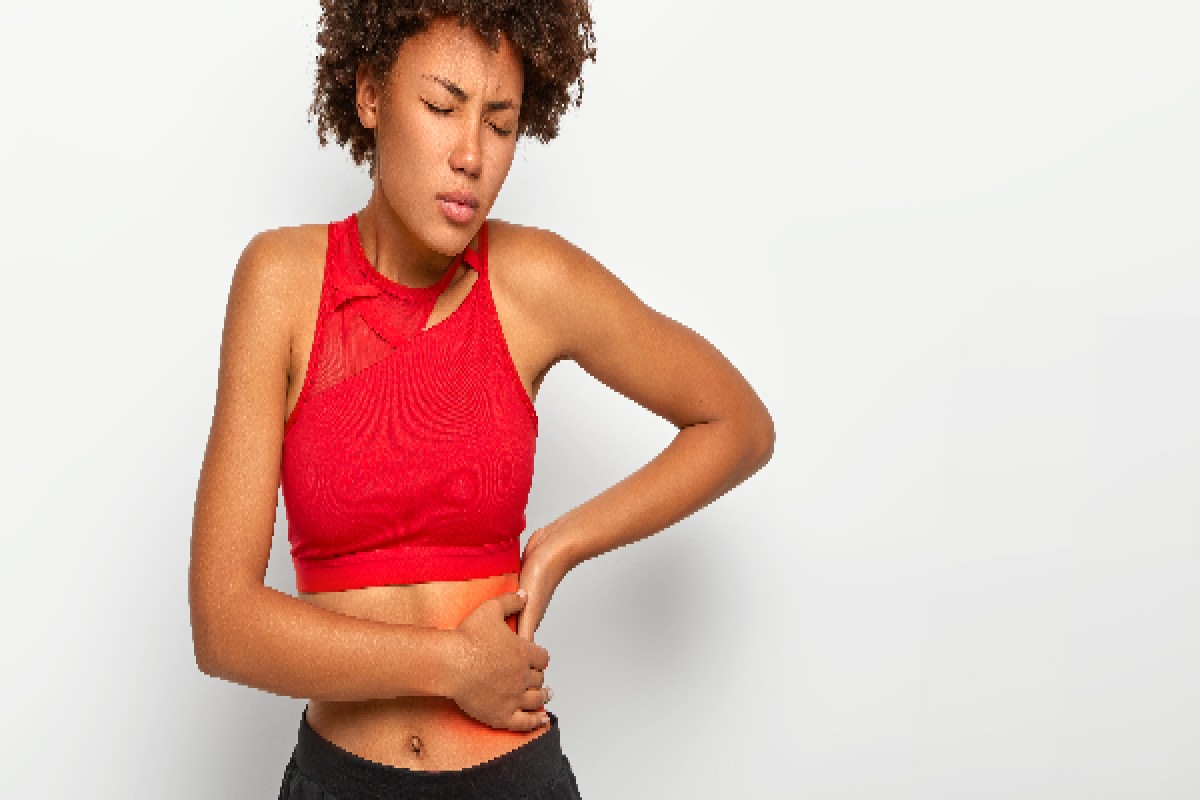
No items in Cart!
Add something to make me happy :)

KIDNEY STONES
Kidney Stone is a hard, crystalline substance made of salts and minerals in the urine that stick together creating pebbles. Could be as small as sand grains that pass out of the body without causing discomfort.
KIDNEY STONES
- Kidney Stone is a hard, crystalline substance made of salts and minerals in the urine that stick together creating pebbles.
- Could be as small as sand grains that pass out of the body without causing discomfort.
- Others are as large as big marbles, which cannot be flushed out easily.
- The most common kidney stones are made up of calcium in combination with oxalates or phosphates.
- Other chemical compounds that can form stones are uric acid and cystine.
CAUSES
- Reduced fluid intake leading to a decreased urine formation. Drinking less than 6-8 glasses of fluids a day.
- Dehydration after strenuous exercise without adequate replacement of fluids.
- Recurrent Urinary Tract Infections.
- Obstruction in the flow of urine due to urinary tract disorders.
- Excess of stone-forming substances in the urine like calcium, oxalates.
- Weight gain can result in both insulin resistance and increased calcium in urine, resulting in a greater risk for kidney stones.
- Certain medical conditions also increase the risk such as Gout, Hyperparathyroidism, Diabetes, and Hypertension.
- A family history of kidney disorders
- A high intake of animal protein, high sugar consumption, a high salt diet, excessive intake of oxalate, calcium, vitamin D rich foods.
- Urinary tract stones are more common in men than in women.
SYMPTOMS
Kidney stones often remain silent as long as they are within the kidney, but symptoms appear when the stone travels from the kidney and get trapped in the ureters.
- Sudden onset of excruciating pain in the lower back (right or left side), extending to the groin, is the most common symptom.
- This pain comes in waves.
- It is associated with nausea and vomiting.
- There might be difficulty in passing urine and increased frequency of urination.
- If there is an infection, then the pain is accompanied by high fever and chills.
- There might be blood in the urine.
TREATMENT
- Most small stones less than 4 mm in size eventually pass through the urinary tract
on their own with increased fluid intake.
- Larger stones or multiple stones need treatment.
- Homoeopathic medicines such as Berberis V., Ocimum Can, Lycopodium, etc. have been found to be extremely effective in removing kidney stones as well as preventing recurrence.
- Very large stones causing obstruction in the flow of urine need surgical intervention.
PREVENTION
INCREASE FLUID INTAKE: Drink up to 3-4 liters of water a day to flush away substances that form stones.
Slowly increase your fluid intake, adding one glass a day, to allow the body to adjust to the extra fluid.
You can also take lemonades, juices; but reduce tea and coffee as the caffeine acts as a diuretic, causing fluid loss.
Stay away from colas as the fructose increases calcium, oxalate, and uric acid excretion, which contribute to stone formation.
Barley water also helps in flushing the kidneys and bladder.
MODIFY YOUR DIET according to the kind of stone.
- Eat less meat especially if you have uric acid stones.
- Limit foods rich in oxalates in cases of calcium oxalate stones
eg. Limit intake of spinach, chocolates, beets, dark green veggies, nuts.
- Take a moderate amount of calcium-rich foods and low sodium, low
protein diet. Don’t add extra salt to your salads or fruits.
- Increase intake of fiber such as oats, bran, beans, carrots, whole-wheat bread.
- Avoid grapefruit juice as it increases the risk of kidney stones.
.
POINTS TO REMEMBER:
- Most stones will pass out of the body without medication.
- See your doctor if you have severe pain in your back or side that will not go away.
- See your doctor if there is blood in your urine – urine will appear pink.
- When you pass a stone, try to catch it in a strainer to get it analyzed.
- Drink lots of water to prevent more kidney stones from forming.
Following these simple measures will help you avoid the agony of kidney stones.

















